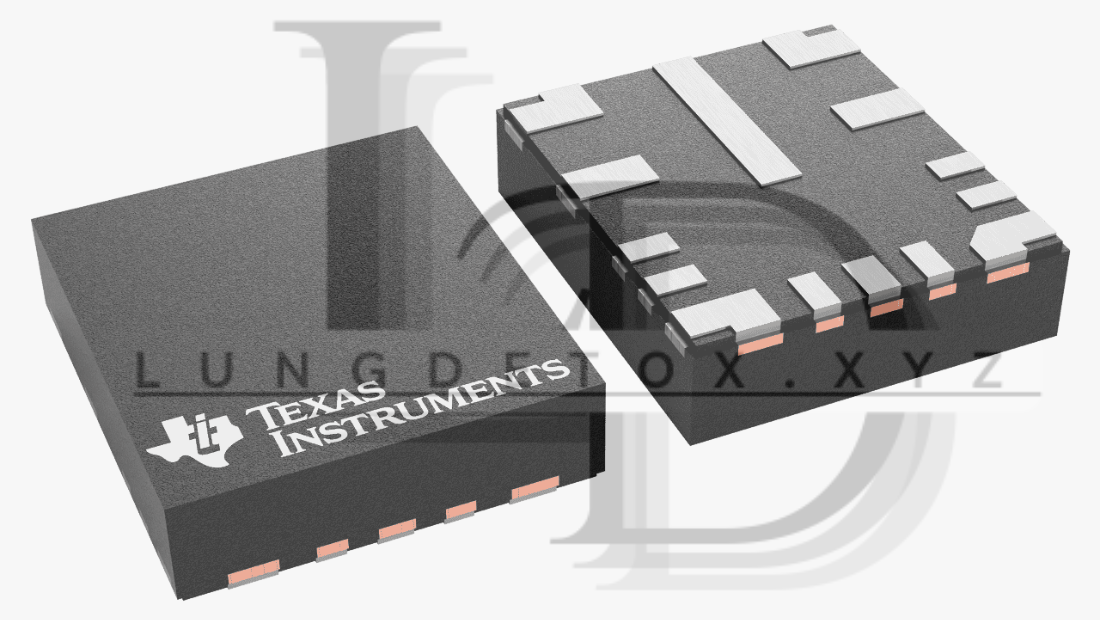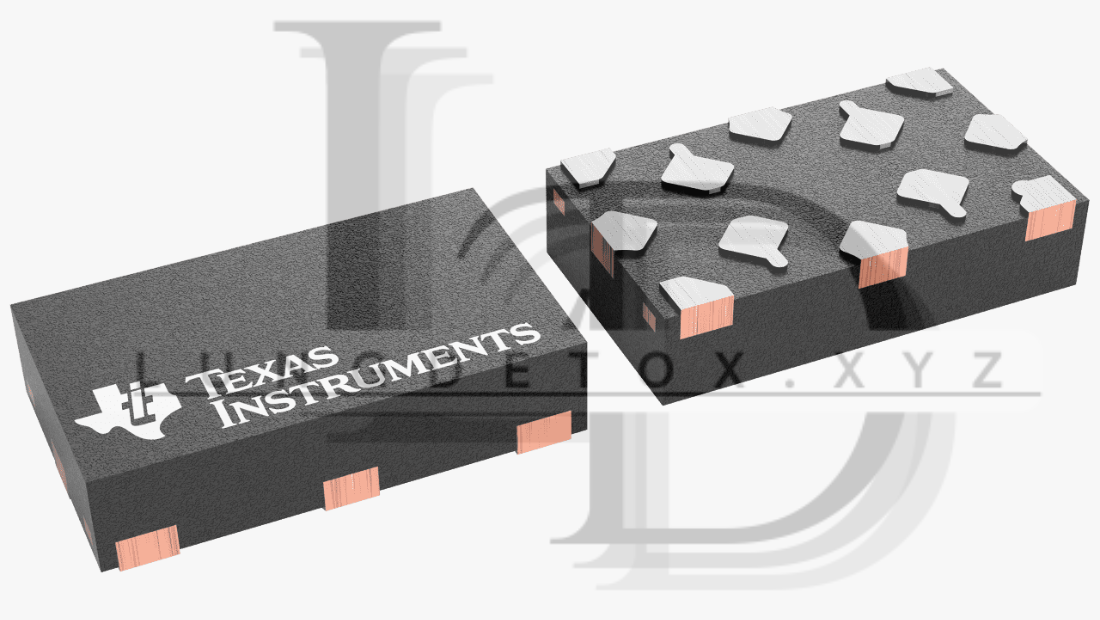In an era where electronic devices are integral to our daily lives, the reliability and performance of semiconductors have never been more critical. From smartphones to medical devices, automotive systems to industrial equipment, semiconductor components power the technology that drives modern society. In this highly competitive industry, companies must uphold stringent quality standards to ensure product reliability, longevity, and performance. One company that consistently stands out for its commitment to excellence in semiconductor manufacturing is Texas Instruments (TI).
With over 90 years of experience, Texas Instruments has built a reputation as a global leader in semiconductor solutions, providing critical components for a wide range of industries, including automotive, healthcare, telecommunications, and industrial automation. Central to its long-standing success is TI’s unwavering focus on quality standards that ensure its products consistently deliver top-tier performance. In this article, we explore the rigorous quality control measures, industry certifications, and continuous improvement processes that define TI’s approach to product excellence.
Why Quality in Semiconductors is Critical
Semiconductors are the backbone of modern electronics, responsible for enabling functionality in countless applications. From microprocessors in computing devices to power management ICs in electric vehicles, semiconductor performance directly impacts the end-user experience. A failure in these critical components can lead to device malfunction, system crashes, and even safety hazards in industries like automotive or medical devices. Therefore, product reliability and quality assurance are non-negotiable in semiconductor manufacturing.
For Texas Instruments, meeting these expectations is not just about compliance with industry standards but a commitment to building products that endure the most demanding environments, all while maintaining exceptional performance levels.
Texas Instruments Quality Standards: A Holistic Approach
Texas Instruments integrates quality throughout every phase of the product lifecycle. From the initial design concept to manufacturing, and from testing to post-sales support, TI’s approach ensures that quality is embedded into every aspect of production. Below, we break down how TI achieves this level of precision and reliability at each stage.
1. Design for Excellence: Building Quality into the Foundation
At Texas Instruments, product quality begins with design. TI adopts a Design for Excellence (DFX) philosophy, which involves designing products with quality, manufacturability, and reliability as core considerations. The company’s engineers use advanced tools and techniques to create products that are robust and reliable right from the start.
Design for Reliability (DFR)
A critical element of TI’s design process is Design for Reliability (DFR). By incorporating DFR principles into the early stages of product development, TI ensures that products will withstand extreme conditions, such as high or low temperatures, humidity, and electrical stress, over the long term. This methodology helps reduce the likelihood of product failures when the product reaches the market.
Failure Modes and Effects Analysis (FMEA)
To anticipate potential failures, TI engineers conduct Failure Modes and Effects Analysis (FMEA). This systematic process identifies and assesses risks associated with design or material flaws, allowing TI to proactively address these concerns and ensure failure prevention before the product enters production.
Simulation and Testing
Before a product is manufactured, TI employs advanced simulation tools to predict how it will behave under real-world conditions. This includes thermal simulations, mechanical stress tests, and electrical stress modeling. These predictive analyses help engineers refine the product design, ensuring that only the most reliable and durable designs make it to production.
2. Precision Manufacturing: Ensuring Consistency and Quality
Once the design is finalized, TI shifts to manufacturing, where quality is closely monitored at every step. Manufacturing semiconductors involves complex processes that require precision and stringent quality controls. Here’s how TI ensures that each product meets the highest standards:
Six Sigma Quality Management
TI applies Six Sigma principles throughout its manufacturing processes to ensure minimal defects and variation. Six Sigma is a data-driven methodology focused on reducing process variability and improving efficiency. By using statistical tools and process control methods, TI ensures that products are produced consistently with minimal defects.
Lean Manufacturing for Efficiency
TI also employs Lean Manufacturing techniques to optimize production efficiency while maintaining high-quality standards. By eliminating waste, streamlining workflows, and reducing unnecessary complexity, TI is able to improve throughput while ensuring the quality integrity of its products.

Automated and Manual Inspection
TI’s manufacturing process incorporates both automated testing and manual inspections. Automation allows for high-speed inspection of large batches, while manual testing is used for more complex checks. This dual approach ensures that products are rigorously tested for both functionality and durability before they leave the factory.
Automated testing includes:
- Electrical performance testing: Verifying that the product performs according to specifications.
- Visual inspections: Detecting defects such as damaged components, incorrect soldering, or packaging issues.
- Functional testing: Ensuring that each semiconductor performs correctly under various conditions.
Manual inspections are particularly useful for complex components, where human oversight ensures nothing is missed during automated checks.
3. Product Testing: Validating Performance and Durability
After a product is manufactured, it undergoes a series of rigorous testing procedures to ensure it meets TI’s stringent quality standards and performs well in the field. TI uses several advanced testing methods to validate its products, including:
Environmental Testing
TI’s products are tested under extreme conditions to ensure they can function reliably in challenging environments. Thermal cycling tests, humidity stress tests, and mechanical shock testing are just a few of the environmental tests that TI products undergo to verify their durability.
For example, in automotive applications, semiconductor components need to withstand temperature fluctuations, vibration, and shock. TI’s extensive environmental testing protocols simulate these real-world conditions to ensure that each component can perform optimally throughout its lifecycle.
Electromagnetic Compatibility (EMC) Testing
In industries like automotive and medical, electromagnetic interference (EMI) can lead to serious malfunctions. TI performs EMC testing to ensure that its products meet strict standards for electromagnetic compatibility. This testing ensures that the products won’t interfere with other electronic devices or malfunction due to electromagnetic exposure.
Accelerated Life Testing
TI also conducts accelerated life testing to simulate the long-term wear and tear that products experience over time. By accelerating environmental and operational stress factors, TI can predict how a product will perform over its entire lifecycle and identify any potential failure points before they occur in real-world use.
4. Post-Manufacturing Support: Continuous Improvement
Even after a product leaves the factory, TI remains committed to maintaining its quality and reliability. The company provides comprehensive customer support, field reliability monitoring, and ongoing product improvements.
Field Reliability Data
After a product is deployed in the field, TI continuously collects data on its performance. This field reliability data provides invaluable feedback, allowing TI to monitor product performance in real-world conditions. This feedback loop helps TI refine future designs and improve product quality over time.
Customer Feedback Integration
TI’s customer support teams work closely with users to gather feedback on product performance and resolve any issues. This customer-centric approach ensures that TI can address concerns quickly, whether it involves product defects, technical support, or warranty issues. TI’s commitment to customer satisfaction drives continuous quality improvements across its product range.
Warranty and Technical Support
TI offers comprehensive warranty and technical support services to ensure that its customers experience minimal disruption. The company’s dedicated support team assists customers with product installation, troubleshooting, and resolution of any issues that may arise, reinforcing the trust that customers place in TI’s products.
5. Certifications and Industry Standards: Meeting Global Expectations
Texas Instruments adheres to a range of global certifications and industry standards to ensure its products meet the highest benchmarks for quality and performance. These certifications include:
- ISO 9001: TI’s manufacturing and quality management processes are certified to the ISO 9001 standard, ensuring that TI maintains a consistent quality management system that meets customer requirements.
- ISO 14001: As part of its commitment to sustainability, TI holds ISO 14001 certification, demonstrating its adherence to environmental management practices in manufacturing.
- IATF 16949: For automotive products, TI is certified to IATF 16949, the global quality management standard specific to the automotive industry, ensuring that products meet the high standards required by automakers.
- AS9100: For aerospace and defense products, TI follows AS9100 standards, ensuring compliance with stringent quality requirements in highly regulated sectors.
Conclusion: Texas Instruments – Setting the Standard for Quality in Semiconductors
Texas Instruments has earned its reputation as a leader in the semiconductor industry by adhering to a comprehensive set of quality standards that cover every aspect of product development, manufacturing, and support. Through its rigorous approach to design, testing, manufacturing, and customer feedback, TI ensures that every product meets the highest levels of performance and reliability.
Whether you are designing an innovative product in the automotive, medical, or consumer electronics space, Texas Instruments’ commitment to quality ensures that you receive components you can trust. By upholding the highest quality standards and continuously improving its products, TI remains at the forefront of semiconductor technology and innovation, driving success across industries and shaping the future of electronics.
